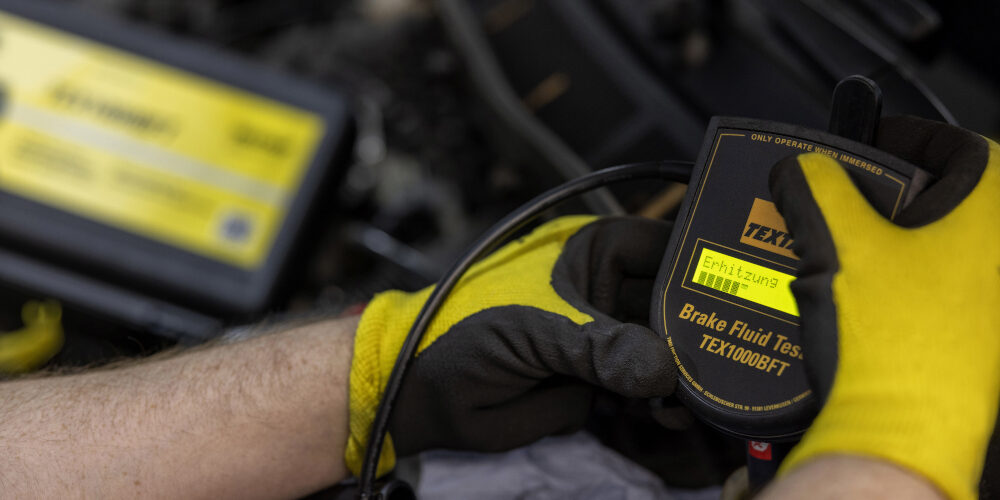Turbochargers and wet timing belts: Abrasion can be the cause of failure
Abrasion from wet timing belts can impair the lubrication of the engine system – including that of the turbocharger. For this reason, remanufacturer BORG Automotive advises checking for such deposits in some applications before fitting a new turbo. A tip that shows how valuable the company’s expertise can be for dealers and workshops.
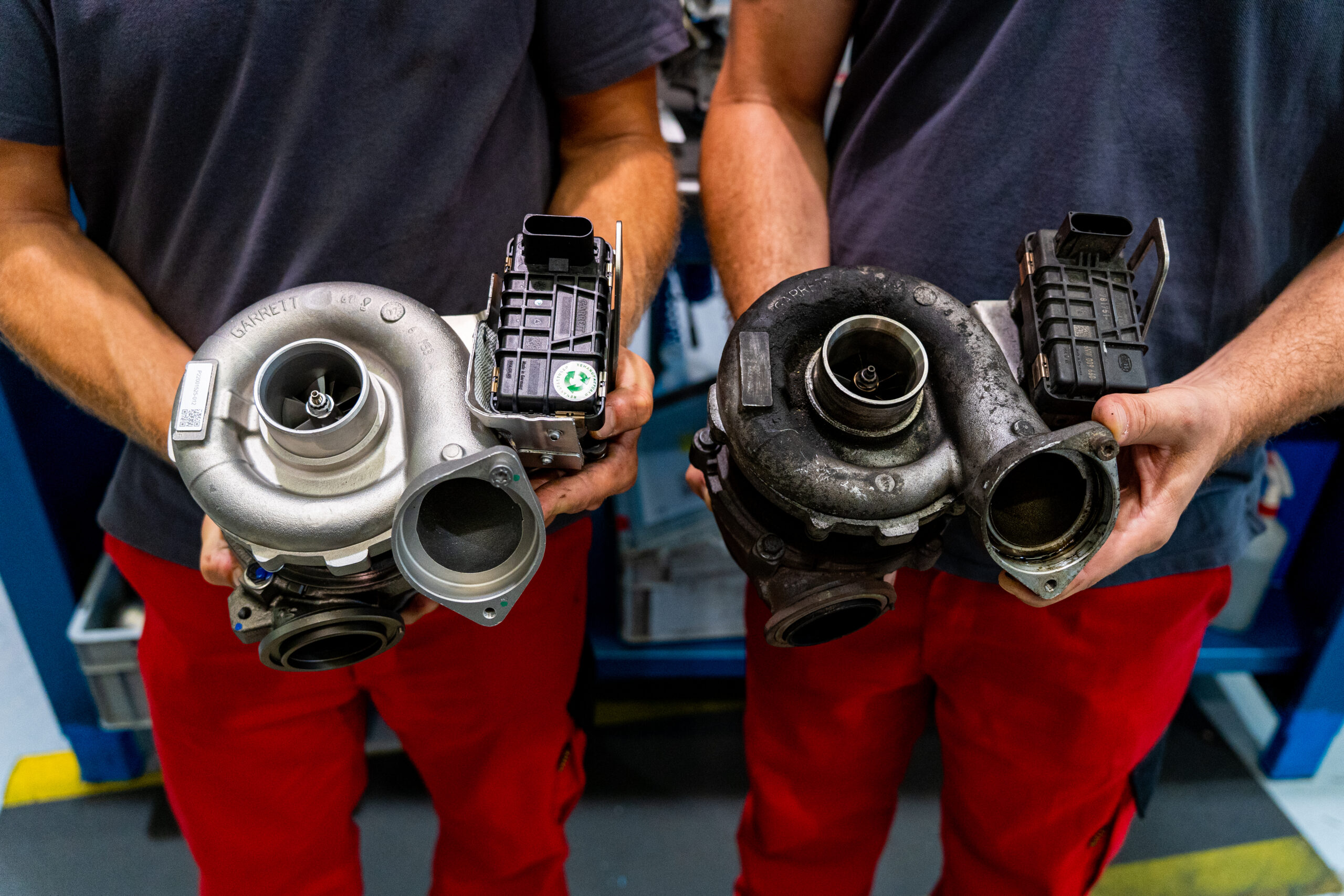
BORG Automotive has been involved in remanufacturing for more than 40 years and has built up a wealth of expertise. Europe’s largest independent remanufacturer maintains its own research and development center, which identifies weak points in designs – after all, countless failed turbochargers pass through the team’s hands every year. And not just those: The company also reconditions starter motors, alternators, air conditioning compressors, EGR valves, brake calipers, steering racks, and steering pumps.
Turbocharger assembly: knowing what is needed.
Dealers and workshops can benefit from this special know-how. A current example: turbochargers for various 3-cylinder petrol engines from Ford and PSA. The remanufacturer has discovered that there are vehicles with these engines in which the wet timing belt is prone to increased wear. The timing belt abrasion can then be deposited in the engine system and impair the lubrication of the turbocharger.
The problem is obvious: if a new turbocharger is installed without first checking the system for such deposits, the risk of failure increases, even for the freshly installed turbo. Brian Urup, Country Manager for the Central Eastern Europe region: “The workshop can only do an excellent job if it is aware of this detail. That’s why we include customer information with the relevant turbochargers – as we do in similar cases.”
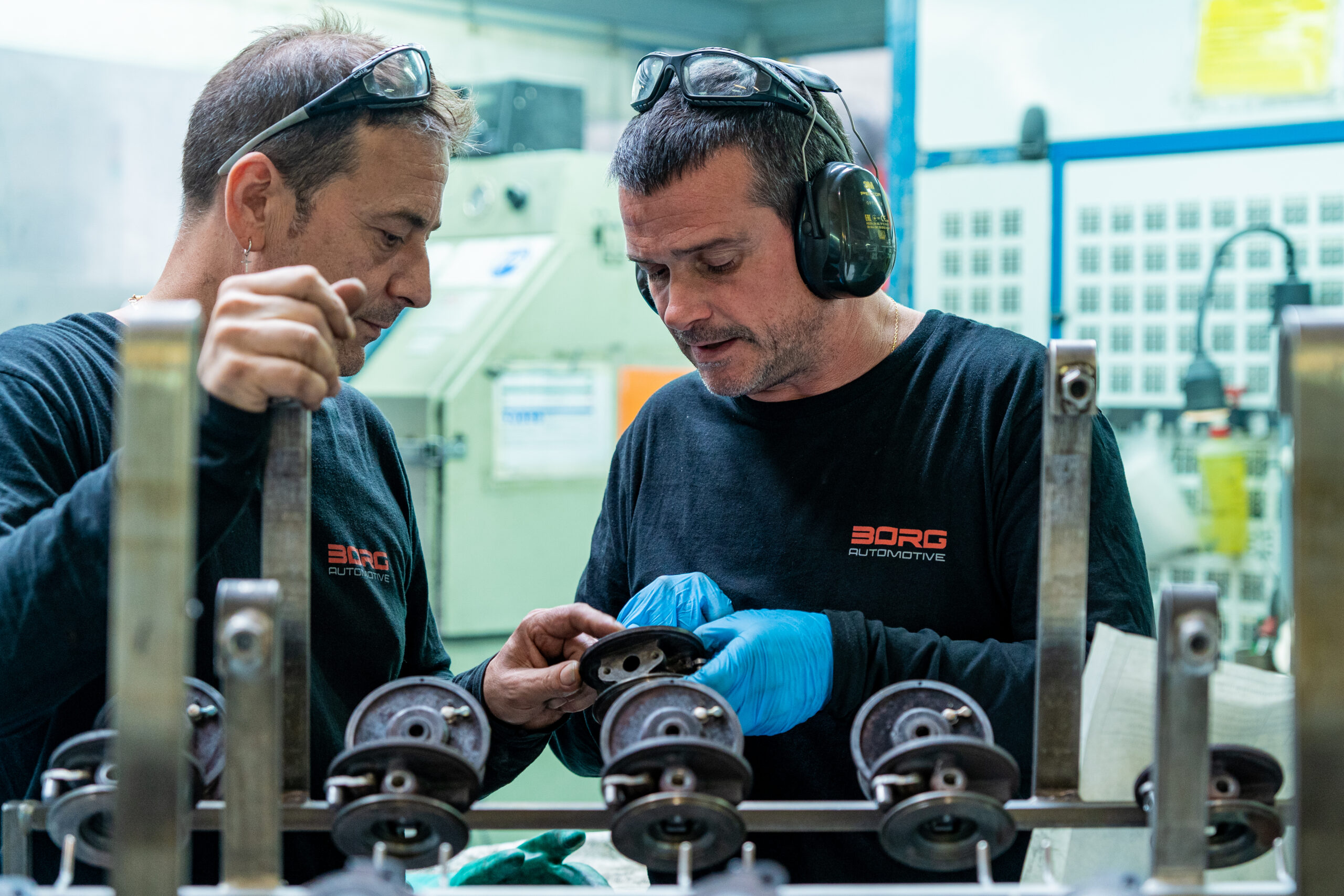
Every detail counts for BORG Automotive
But that’s not all when it comes to the applications in question. For example, the heat shield, which protects adjacent components from the high temperatures of the turbo, has a firmly welded seal, which, according to BORG Automotive, is itself responsible for part of the heat protection. Because it is firmly welded to the sheet metal, it cannot be replaced individually. BORG Automotive therefore supplies the turbochargers in question with a new heat shield including the integrated gasket. A practice that by no means every turbocharger supplier uses – the heat shield and gasket often have to be ordered separately. “From our point of view, this is a suboptimal solution,” concludes Urup.
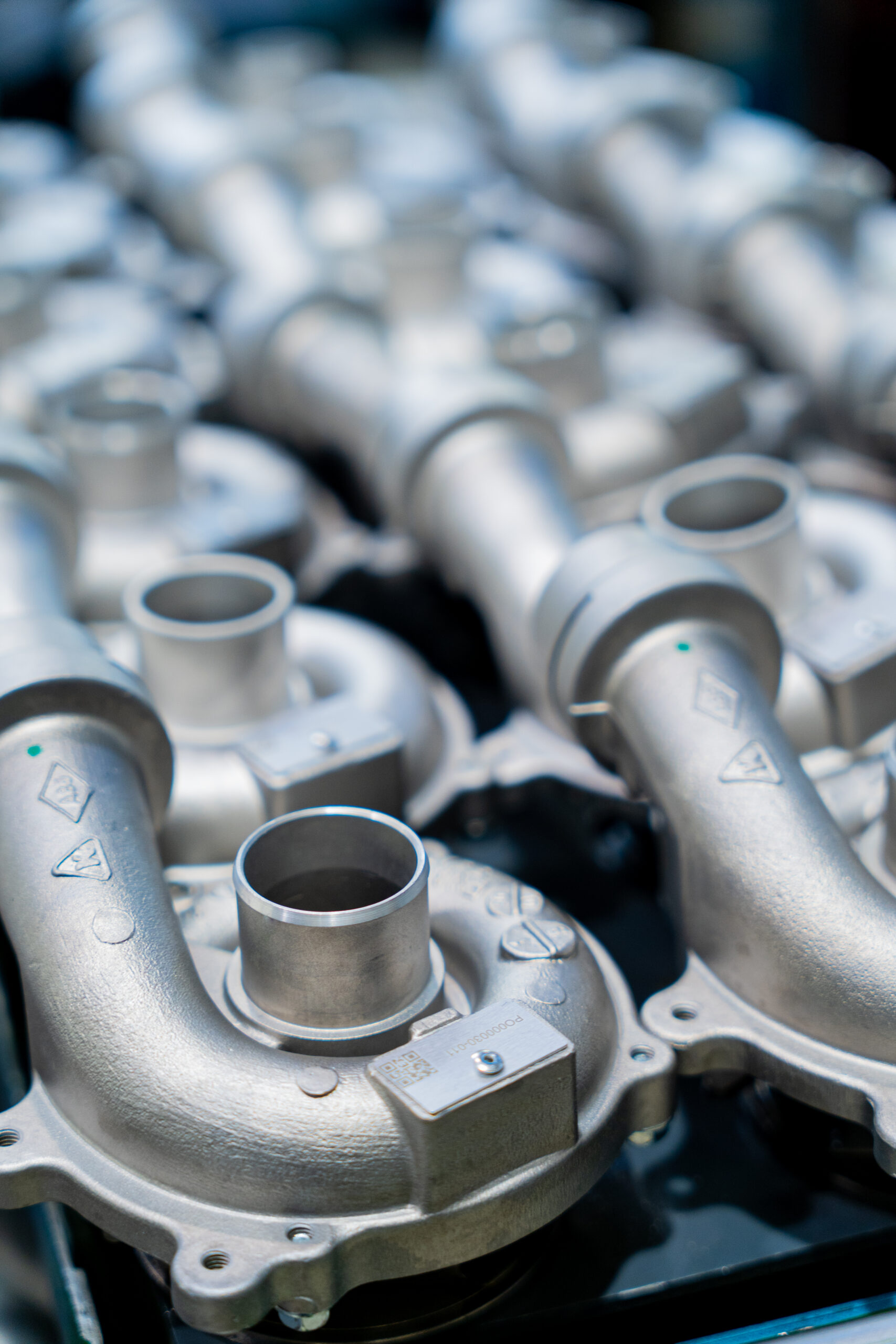
Quality has top priority
It is clear that BORG Automotive sees itself not only as a supplier, but also as a partner to dealers and workshops. A philosophy that matches the company’s quality standards: The turbochargers that the remanufacturer markets under the Elstock, DRI, Lucas, and TMI brands should offer at least the same quality as the corresponding original part – just at a much better price-performance ratio.
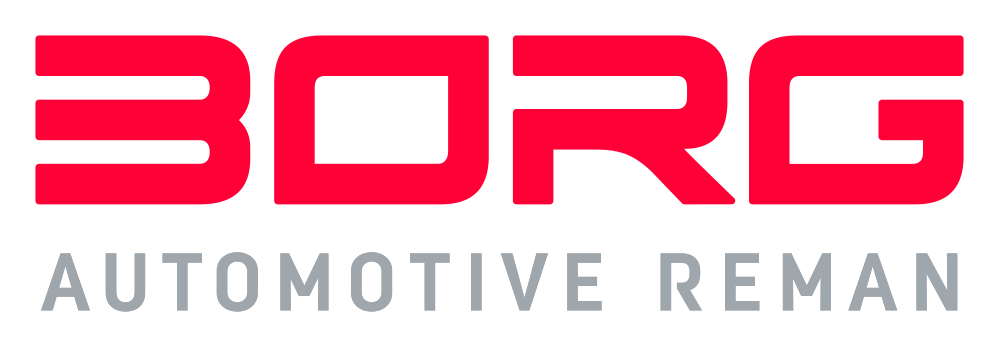 BORG Automotive has a method for quality: only used original turbos are remanufactured. The Pamplona plant responsible for remanufacturing is certified in accordance with the ISO 9001:2015 quality standard and the particularly strict IAFT16949 supplier standard. As part of a complex reconditioning process, each individual turbocharger is dismantled and inspected here. The team cleans the housing of oil and soot residues, polishes small scratches on the intake, and repairs threads that have not passed the quality test. Small and wear parts are then replaced with spare parts from renowned Tier 1 and Tier 2 suppliers. Finally, each turbocharger undergoes more than 30 tests according to the manufacturer’s specifications before it goes on sale. The whole process is time-consuming – but this is precisely what sets the remanufacturer apart from many of its competitors.
BORG Automotive has a method for quality: only used original turbos are remanufactured. The Pamplona plant responsible for remanufacturing is certified in accordance with the ISO 9001:2015 quality standard and the particularly strict IAFT16949 supplier standard. As part of a complex reconditioning process, each individual turbocharger is dismantled and inspected here. The team cleans the housing of oil and soot residues, polishes small scratches on the intake, and repairs threads that have not passed the quality test. Small and wear parts are then replaced with spare parts from renowned Tier 1 and Tier 2 suppliers. Finally, each turbocharger undergoes more than 30 tests according to the manufacturer’s specifications before it goes on sale. The whole process is time-consuming – but this is precisely what sets the remanufacturer apart from many of its competitors.
Want to know more?
If you are interested in what BORG Automotive can offer you and your business, please contact Brian Urup, Country Manager Central Eastern Europe: https://borgautomotive-reman.com/new-markets-contact-brian/


